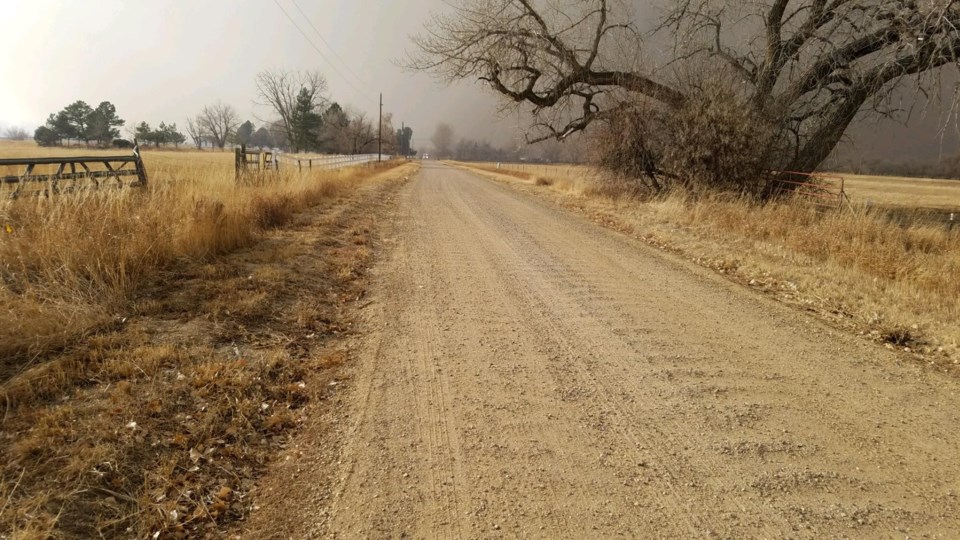Longmont Area Chamber of Commerce is backing two Boulder County tax increase proposals on the November ballot but balking on extending a sales and use tax for transportation that has been on the books since 2001.
The county’s transportation tax should not be extended for “perpetuity” and the 2022 ballot measure should be rewritten, the chamber said in an email to members.
Both the county-proposed wildfire mitigation and emergency response measures got the chamber’s support, however.
The wildfire plan would establish a 0.1 % countywide sales and use tax to fund countywide wildfire mitigation efforts to “proactively address the increasing risk of climate-driven wildfires” through forest and grassland management projects. The tax would also help residents in the mountain and plains prepare for wildfires by making homes more fire resistant by using a variety of resources including rebates, according to the chamber email.
The emergency response proposal would establish a 0.1%, declining to 0.05% after five years, countywide sales and use tax to fund emergency facility, equipment, capital and operational costs of search and rescue organizations and the capital needs of fire departments in mountainous and rural areas. Ambulance services in areas not covered by municipal ambulance services would also be funded by the proposal, according to the chamber.
The extension of the transportation tax would fund multimodal transportation needs, including safety improvements to roads, regional trails and commuter bikeways, transit, regional corridors, and community mobility programs, states the chamber.
The tax was approved by voters in 2001, extended in 2007 and is set to expire in 2024. The chamber appreciates the work that the county does in the transportation arena, the email states. “However, the lack of a sunset clause, thus allowing the tax to be levied in perpetuity, was not favored by the majority” of chamber members, the email states.
The current tax does not expire until 2024 so the chamber “looks forward to working with the county on a revised ballot initiative that takes this into consideration, should the current question fail,” the email states.



